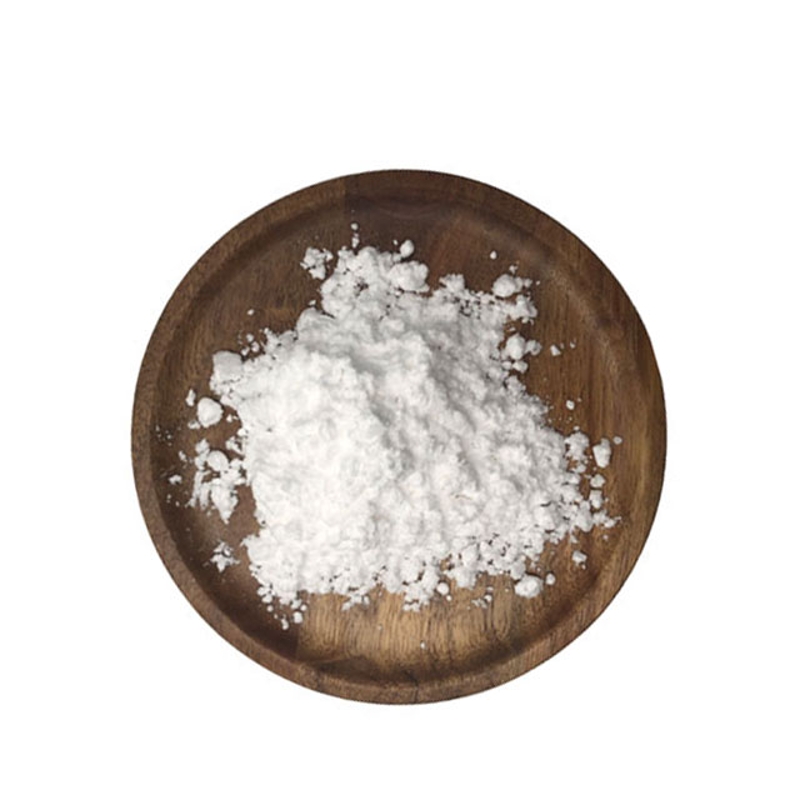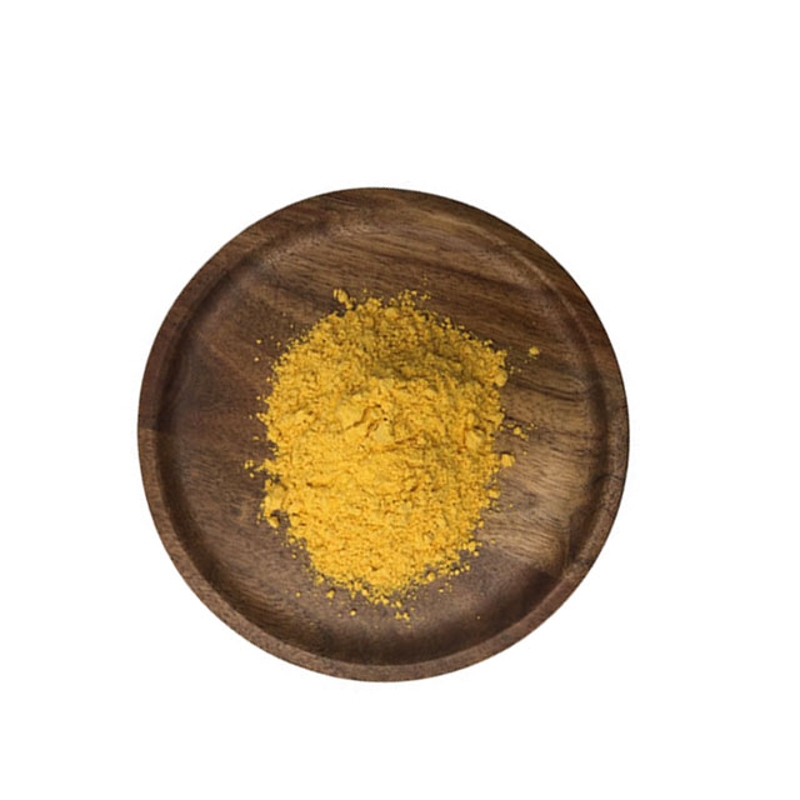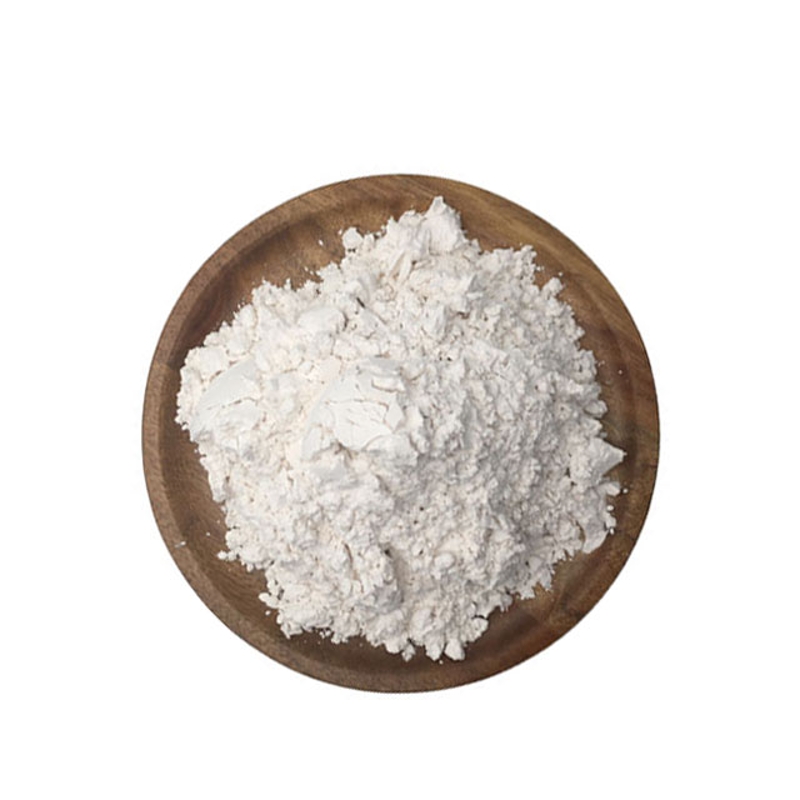-
Categories
-
Pharmaceutical Intermediates
-
Active Pharmaceutical Ingredients
-
Food Additives
- Industrial Coatings
- Agrochemicals
- Dyes and Pigments
- Surfactant
- Flavors and Fragrances
- Chemical Reagents
- Catalyst and Auxiliary
- Natural Products
- Inorganic Chemistry
-
Organic Chemistry
-
Biochemical Engineering
- Analytical Chemistry
- Cosmetic Ingredient
-
Pharmaceutical Intermediates
Promotion
ECHEMI Mall
Wholesale
Weekly Price
Exhibition
News
-
Trade Service
Hepatocellular carcinoma (HCC) is one of the main causes of cancer-related deaths, with more than 850,000 cases diagnosed worldwide each year.
Treatments for early HCC include liver transplantation, excision, or radio frequency ablation, but this is only possible in 30 to 40 percent of patients, most of whom receive non-curative treatments such as hepatothertic chemotherapy embolism or systemic therapy.
Sorafenib is a multi-kinase inhibitor that interferes with signaling path path paths associated with tumor angiogenes and tumor proliferation.
the effects of sorafeini on efficacy and toxicity in elderly HCC patients are not known.
patients are usually treated at low doses at the outing, with the aim of avoiding the toxicity of chemotherapy while maximizing clinical efficacy.
the study was designed to validate the year. Whether age affects the patient's overall survival rate (OS) and whether reducing the starting dose affects OS or chemotherapy toxicity in older patients.
Kaplan-Meier methodology estimates the effect of age on total survival by analyzing outcomes in two age groups, aged 75 or ≥75, using an international multi-centered study, taking into account common prognostic factors and demographic characteristics in single- and multivariable models.
Kaplan-Meier methodology estimated the total survival rate of different sorafeini starting doses In the cohort study recruited a total of 5,598 patients, of whom 792 (14.1%) were ≥75-year-olds.
study showed that older patients were more likely to develop larger tumors (39 percent vs. 33 percent) and retain liver function (67 percent vs. 57.7 percent).
no ≥ 75-year-olds (7.3 months to 7.2 months) in patients aged 75 and 75.
in the two groups of 75 and ≥75 years of age, the initial dose of sorafeini was 800 μg vs 400 mg/200 mg was not associated with the patient's OS.
the total risk of 2-4 solafeini-related toxicity in older patients (63.5 vs. 56.7%) was similar to that of patients aged 75.
, however, older patients are more likely to terminate sorafeini (27.0 vs 21.6%) due to the toxicity of chemotherapy.
the results were not changed for different sorafeini starting doses.
a pie chart of the reasons for the deactivity of sorafinium, the results showed that the clinical prognostics of older patients were equivalent to those of 75 years of age and were independent of the initial dose of solafini.
.







